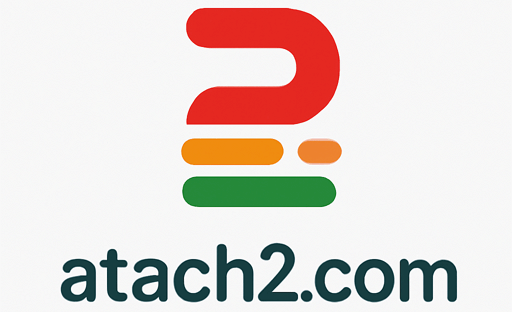Temperature Management for Security (TCS) meals, as outlined by ServSafe requirements, are gadgets that require particular temperature controls to stop the expansion of microorganisms and the manufacturing of poisons. These meals are able to supporting speedy and progressive progress of infectious or toxigenic microorganisms. Examples embody milk and dairy merchandise, meat (beef, pork, lamb), poultry, fish, shellfish and crustaceans, baked potatoes, tofu or different soy-protein meals, sliced melons, minimize tomatoes, minimize leafy greens, untreated garlic-and-oil mixtures, and cooked rice.
Correct dealing with of those meals is important to attenuate the chance of foodborne sickness. The importance of temperature management lies in inhibiting bacterial proliferation and toxin formation. Historic incidents of foodborne outbreaks have underscored the need of strict adherence to temperature pointers established by meals security rules. These pointers are instrumental in safeguarding public well being by stopping contamination and subsequent sickness. Constant utility of those rules ensures meals security all through the meals dealing with course of, from receiving to service.

